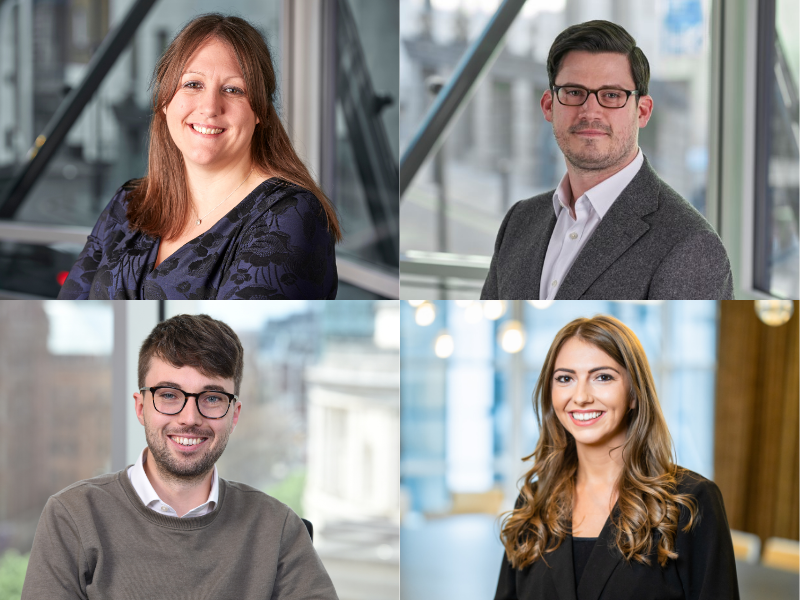For many years, lawyers have been fighting an uphill battle to impose an easier and clearer framework of protection for copyright protected works. This has challenged the attention of intellectual property and internet safety specialists who are exposed to arguably one of the most complex legal system today, the law of cyberspace.
Copyright law: a brief overview
Copyright is immediately owned by the creator of a literary, dramatic, musical, artistic work, sound recording, broadcast, film and typographical arrangement of published editions. It arises automatically as soon as the work is commissioned and gives the creator rights to control the ways in which their material may be used.
An important exclusion to the rights the owner of a work is subject to is the right of fair dealing, which includes permitted acts allowed for certain people to use a piece of work without infringing the copyright on it. Some of these acts include using a piece of work for private research and study and other educational purposes, criticism and news reporting, incidental inclusion and caricature.
All of these rights are found in the Copyright, Designs and Patents Act 1988.
The problem
The need to establish an effective system of fair dealing that co-exists with a robust framework of copyright protection in a fragmented sphere of digital rights.
Open Source Software in favour of fair dealing
One significant milestone for this tension between protection and use has been the creation of online community Creative Commons, a platform for owners of a work to access free, easy to use copyright licences which provide simple and standardised ways to give the public permission to share and use the owner’s creative work.
The setback which owners face with creative commons licenses is that they cannot provide a one size fits all approach to the individual needs of the creative owner. The licences work alongside copyright and enable users to modify copyright terms, which still requires the independent judgment of the creative owner. This calls in the need for community engagement about the use of copyright protected work and creating more channels where owners of creative works can be better educated on how to licence their work. Sometimes, vendor provided software can do a better job for this. However, it would be interesting to see how a community led effort of pro bono lawyers could assist with this.
Software in favour of copyright protection and stronger online take down policies
A commercial platform called Entura International is an example where the pendulum swings the other way of open source friendly models and fair dealing.
The company was established in 2010 to provide anti piracy measures for owners of creative works. This is done through algorithms designed to target any downloading activity of a creative work by disabling the web link altogether. The company has partnered with over 30 file sharing platforms to enable protection for their client’s work.
Although the initial measure of copyright protection is positive, the effect of this is diminished fair dealing rights. The strength of this software along with it’s collaboration with over 30 file sharing platforms could result in positive progress, provided there is healthy balance between sharing material for educational purposes and using for commercial gain.
Conclusion
Other useful online channels could include a go to platform where users could find case studies and testimonies from other creative owners using creative commons licenses.
My bio

Artemis D’Arcy is currently sitting the LPC at Bpp and working on an ed tech startup called EdFuse. Her interests include business NGO models in the education space, impact investment and AI for legal services.
From time-to-time we have experts with an interest in certain topics, such as Artemis D’Arcy, contribute on LegalGeek.co. The views, opinions and positions expressed within these posts are those of the author alone and do not represent those of LegalGeek.co. The accuracy, completeness and validity of any statements made within this article are not guaranteed. We accept no liability for any errors, omissions or representations. The copyright of this content belongs to the author and any liability with regards to infringement of intellectual property rights remains with them.

